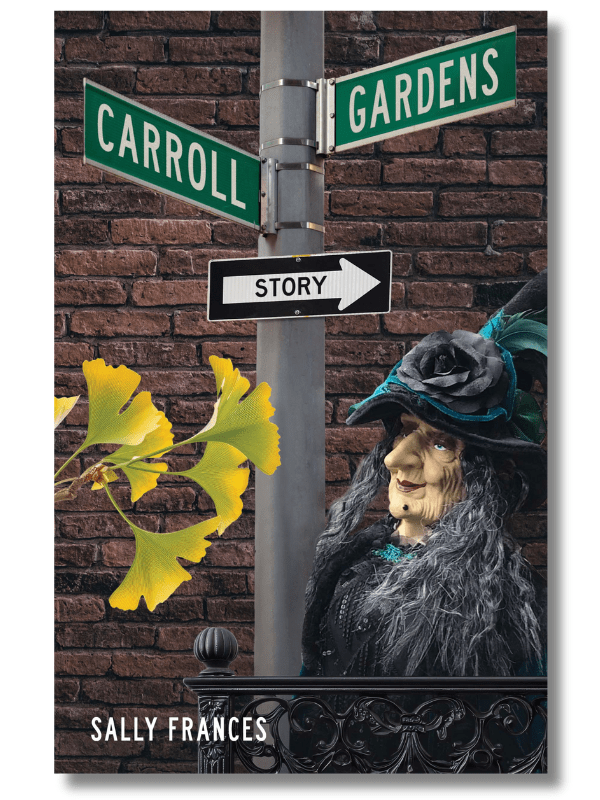Carroll Gardens Story
by Sally Frances
Genre: Literary Fiction
ISBN: 9798891328303
Print Length: 330 pages
Publisher: Atmosphere Press
Reviewed by John M. Murray
A haunting psychological portrait of family, trauma, and silence, set against the shifting streets of Brooklyn
Sally Frances’s Carroll Gardens Story is a layered literary novel that unearths the hidden lives of neighbors, brothers, and extended family bound together by loyalty, fear, and secrets. The book unfolds in the late 1990s, with a structure that drifts between perspectives and time, immersing the reader in the rhythms of an old Brooklyn neighborhood where every stoop and storefront hides its own drama.
At the heart of the novel is Fortunato Bonaventura—known to everyone as “Helper”—a man in his fifties living with developmental trauma after a childhood accident. Helper is gentle, deeply tied to his deceased mother’s memory and guided by voices of parents long gone.
When a tense encounter with a neighbor spirals into sudden violence, Helper struggles to reconcile his innocence, guilt, and silence. His psyche is captured in the broken admission, “I dunno, I dunno, I dunno. Because. Because…the scissors. The big scissors? Owww…” revealing both his childlike reasoning and the haunting grip of memory.
Gino, Helper’s brother, provides a counterpoint. A construction worker straddling two worlds, he navigates the tough masculinity of Carroll Gardens while secretly embracing a loving relationship with his partner, Lee, in Queens. Through him, Frances explores how identity can fracture under the weight of family expectations, yet also flourish in unexpected places. Gino’s storyline highlights the tension between the inherited values of the old neighborhood and the freedom of a chosen life beyond its borders.
Their nephew Tony, newly promoted to detective, embodies the family’s longing for redemption. His pride in advancement is tempered by doubt, as he wonders whether he must compensate for Helper’s lost brilliance. Tony’s perspective adds a generational lens, questioning what it means to inherit a legacy of shame and survival.
One of the novel’s greatest strengths lies in its attention to generational echoes. Violence, secrecy, and unspoken shame ripple through the lives of the Bonaventuras, shaping not only Helper but also those around him. Author Sally Frances avoids caricature, even when portraying abrasive figures like Mary Pat, whose fate sets the story into motion. Instead, the novel insists on complexity, showing how even difficult characters are products of history, environment, and community judgment.
The density of the novel may be demanding. Its layered voices, shifting perspectives, and cultural references require careful attention, and the story sometimes lingers on memory at the expense of momentum. Yet this immersive style is also one of its virtues, capturing the looping nature of trauma and the way the past persists in everyday life.
Carroll Gardens Story is an intimate and unsettling exploration of family, loyalty, and survival. Frances shows how silence can be both protection and prison, how memory can warp but never release, and how neighborhoods preserve their histories even as they change. Readers drawn to psychological realism, Brooklyn lore, and stories of fractured families will find themselves deeply moved by this complex and resonant novel.
Thank you for reading John M. Murray’s book review of Carroll Gardens Story by Sally Frances! If you liked what you read, please spend some more time with us at the links below.
The post Book Review: Carroll Gardens Story appeared first on Independent Book Review.
